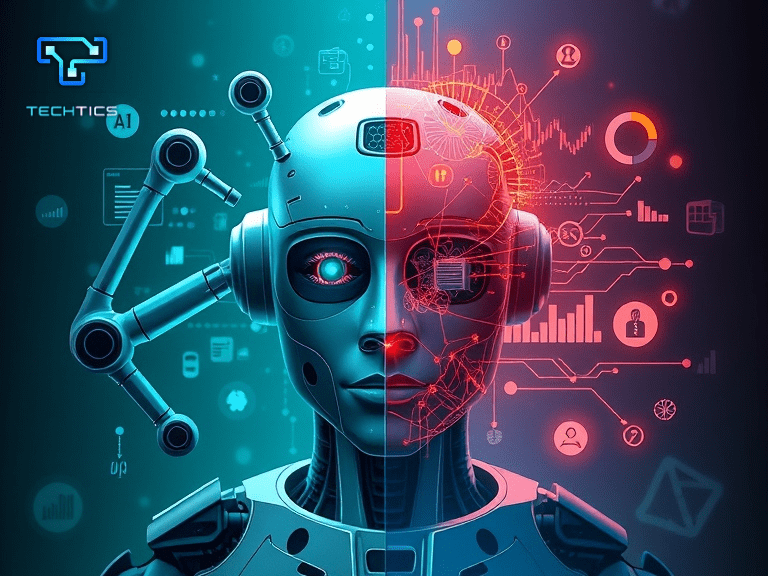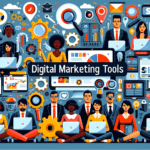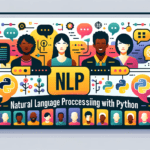Artificial Intelligence (AI) is now embedded in nearly every aspect of our daily lives. In 2024, AI is driving unprecedented productivity and efficiency. Still, its rapid integration also raises serious questions about potential costs to humanity. Are we sacrificing creativity, empathy, and independent thought in favor of streamlined processes and automated systems? This article delves into AI’s profound impact on our economy, workforce, creativity, ethics, and interpersonal relationships.
The Economic Dominance of AI in 2024
AI’s economic reach in 2024 is staggering. The global AI market revenue is projected to hit $196 billion, reflecting a 20% growth from last year. The AI market is expected to be valued at around $146.1 billion in the United States, with nearly 19% annual growth. At the same time, the Asia-Pacific region, particularly China and India, is forecasted to see even more rapid expansion at around 25%.
Industries Leading AI Growth:
- Healthcare: AI in healthcare has grown by 28%, revolutionizing diagnostics, patient care, and even assisting in surgeries.
- Retail: Around 75% of major retail chains use AI for personalized marketing, inventory management, and customer analytics.
- Education: About 67% of educational institutions in the U.S. now employ AI for tasks such as grading, administration, and personalized learning pathways.
However, AI’s economic prowess does not come without its pitfalls. While AI’s capabilities are celebrated, its increasing influence in decision-making—previously a realm requiring human judgment—calls into question how much of our critical thinking and personal touch is being traded for algorithms and data processing.
The Workforce Transformation
Job Displacement vs. New Opportunities
AI’s impact on the workforce is immediate and profound. The International Labour Organization projects that up to 20 million jobs worldwide may be displaced by AI or automation by 2030, with 2 million possibly affected just this year. The transformation is evident in industries like:
- Manufacturing, Retail, and Logistics: Here, repetitive tasks are increasingly automated.
- Finance: Around 32% of tasks handled by entry-level analysts, such as data sorting and basic predictions, are now AI-driven.
- Customer Service: AI-driven chatbots and virtual assistants are projected to manage up to 25% of customer inquiries by 2025.
While new roles in data science, AI ethics, and system design have emerged, only half of the workforce has the specialized skills needed. This shift suggests a significant reorientation toward roles prioritizing technical fluency over creativity and relationship-building skills, posing a challenge for those who need more means or opportunities to reskill.
AI and Creativity
The role of AI in creativity is as complex as it is transformative. In 2024, 60% of media companies use AI tools to generate content like headlines, visuals, and music. This shift is noticeable across industries:
- Music: On platforms like Spotify, AI-curated playlists have surged by 37%, and 28% of top-charting songs involve some form of AI in the creative process.
- Journalism: AI-generated news articles have increased 48% this year, relying on algorithms that craft narratives based on data patterns.
While AI can mimic human expression, it raises concerns about authenticity. A 2024 survey revealed that 70% of individuals aged 18-25 viewed AI-created art as “less personal.” However, 65% of them still consumed it, finding AI-generated media accessible and tailored.
This evolving relationship hints at a future where AI doesn’t replace creativity but potentially dilutes its unique human essence. For artists and creators, the choice may soon be not whether to use AI but how to balance its benefits with the need for genuine, human-driven expression.
Ethical and Psychological Implications of AI
The integration of AI in domains requiring empathy and moral decisions brings new ethical considerations:
- Mental Health: Almost 40% of mental wellness apps incorporate AI-driven chatbots for counseling. While these tools improve accessibility, 58% of users feel AI lacks the emotional depth needed for practical mental health support.
- Social Skills: Research from Cambridge University found that individuals who frequently interact with AI report lower patience and empathy in face-to-face interactions. This finding suggests that relying on AI as a substitute for human interaction could erode essential social skills over time.
Moreover, AI’s role in decision-making for high-stakes areas like job evaluations, financial loans, and legal judgments adds to the ethical problem. A 2024 study from Harvard Business Review found that 75% of companies using AI for critical decisions lack accountability policies, reflecting a need for more robust ethical frameworks.
Preserving Human-Centered Values in an AI-Driven World
In response to these transformative changes, a movement is emerging to ensure that AI complements rather than replaces human qualities. Education, industry, and policy efforts aim to balance technological innovation and human integrity.
Actions Toward a Balanced Future
Education Reform: Around 20% of U.S. universities have added AI-focused ethics courses to prepare students to uphold human values in an AI-saturated world.
- Hybrid Models in Industry: Certain creative sectors now employ AI as an enhancer rather than a replacement. For example, artists use AI for creativity, while final touches retain a personal, human touch.
- Customer Service Innovation: Some companies implement a dual approach by pairing AI with human employees. AI manages routine inquiries, while human staff handles complex, emotion-driven interactions.
Conclusion: Charting a Deliberate Path Forward
As we embrace AI, we must intentionally guide its impact on our lives, labor, and societies. AI’s remarkable capabilities bring unprecedented efficiencies and ethical dilemmas and risks to essential human qualities like creativity, empathy, and moral judgment.
Fostering a balanced approach that respects human values is crucial to navigating these challenges. By setting robust ethical guidelines, cultivating skills that only humans can offer, and promoting synergy between AI and human abilities, we can ensure AI remains a supportive tool that amplifies our potential rather than diminishes our humanity.



